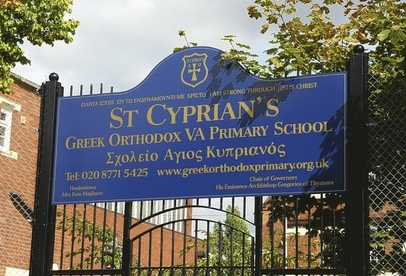Minister of Culture Hadia Tajik concludes that the hijab will not become part of the Norwegian police uniform or be used in the court system in the near future.
Despite the Norwegian Faith and Ethics Policy Committee’s recommendation to make the hijab legal to wear for police officers and judges while at work, Tajik rejected the committee’s proposal in Parliament Monday.
A majority of 12 out of 15 members of the committee suggested to permit the use of hijab in the Norwegian police force and among judges, but according to Tajik no changes wil be made to the current ban in the near future.
See also “Norway minister nixes police hijab”, Press TV, 8 January 2013


